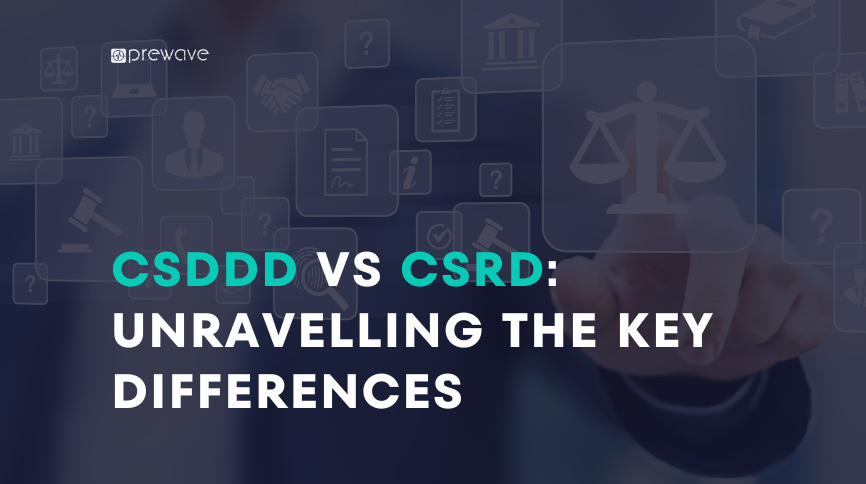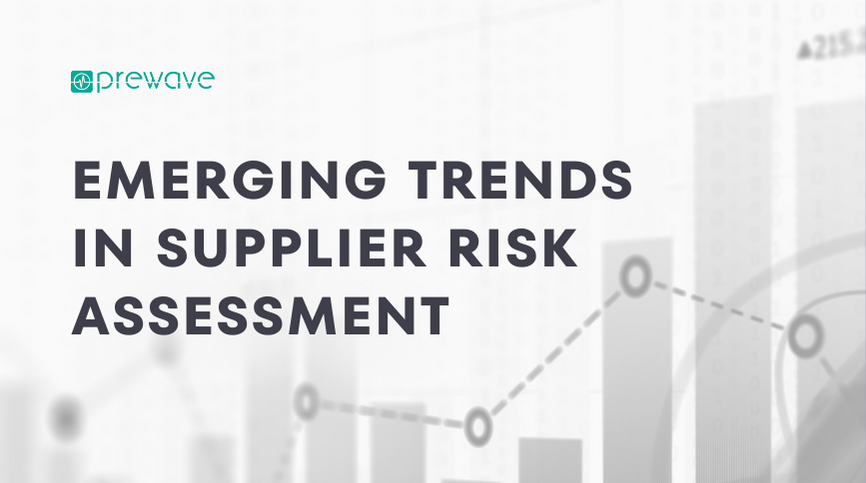CSDDD vs CSRD: Unravelling the Key Differences

Delving into the intricacies of EU directives, the blog post navigates the landscape between the CSDDD and the CSRD. As the EU steers towards net-zero emissions by 2050, these directives emerge as catalysts for corporate responsibility. While the CSRD spotlights transparent reporting, the CSDDD champions responsible conduct across supply chains, shaping a sustainable corporate future. Through meticulous compliance strategies and proactive engagement, businesses can navigate these directives with clarity and purpose, paving the way for a greener, more accountable future.
CSDDD Directive Update: EU Reaches Important Agreement

In this article, we delve into the latest updates surrounding the EU’s Corporate Sustainability Due Diligence Directive (CSDDD), exploring recent changes in scope, liability provisions, and compliance strategies. We shed light on the implications for global businesses operating within the EU, from the removal of high-risk sector approaches to the importance of reporting and transparency. Join us as we navigate the evolving regulatory landscape and its impact on corporate sustainability.
How to Address Supplier Reliability Issues in the Automotive Supply Chain

Addressing supplier reliability issues in the automotive supply chain is crucial for maintaining operational efficiency and customer satisfaction. Strategies like diversifying suppliers, using advanced forecasting, collaborating on risk management, and continuous monitoring are key.
Emerging Trends in Supplier Risk Assessment

Discover how to mitigate supplier-related risks and fortify your supply chain resilience with our insightful blog post. From understanding the importance of supplier risk assessment to leveraging cutting-edge technologies like AI and blockchain, we explore best practices and emerging trends in supplier risk management. Learn how proactive mitigation strategies and effective supplier evaluation techniques can safeguard your business against disruptions and ensure seamless operations. Dive into our blog to build a more resilient supply chain today!
SITL 2024: Decoding 50 Shades of Risk and Adopting Resilient Strategies

Prewave was honored to contribute to the vital dialogue surrounding supply chain risks at SITL 2024. Facilitated by Grégoire VIALLON of Wavestone, the roundtable delved into the complexities of “50 Shades of Risk,” emphasizing the crucial role of AI in mitigating these challenges.
EU Takes Action: CSDDD Approved!

Prewave’s CEO Harald Nitschinger shares insights on navigating the CSDDD landscape in an ECO Magazine report, shedding light on debunked myths and advocating for responsible supply chains.
The Future of Semiconductor Supply Chains
Explore the intricate world of semiconductor supply chains with our in-depth article. From the evolution of semiconductors to the challenges and future trends shaping the industry, discover how Prewave’s AI-driven solutions can help you navigate the complexities of the semiconductor landscape. Join us as we delve into the future of semiconductor supply chains and learn how proactive measures can ensure resilience and success in this dynamic field.
CS3D and Beyond: Prewave’s CEO Harald Nitschinger in ECO Magazine Interview

Prewave’s CEO Harald Nitschinger shares insights on navigating the CSDDD landscape in an ECO Magazine report, shedding light on debunked myths and advocating for responsible supply chains.
Prewave welcomes Tom Hiller as Head of Partner Management

Tom Hiller, Prewave’s new Head of Partner Management, brings over 20 years of expertise in cultivating successful partnerships and driving innovation in procurement solutions. With his visionary leadership, Tom is set to foster strong alliances and collaborative initiatives, shaping a sustainable future for Prewave.
CEO’s Vision: Generative AI’s Long-Term Impact on Supply Chain Operations

Embark on a journey into the transformative power of Generative AI, reshaping supply chains with resilience, efficiency, and transparency. Discover how this cutting-edge technology revolutionizes the future of logistics. Explore the innovative solutions provided by Generative AI for a more adaptive and transparent supply chain. Join us in unlocking the potential of AI-driven efficiency and transparency in supply chain operations.
